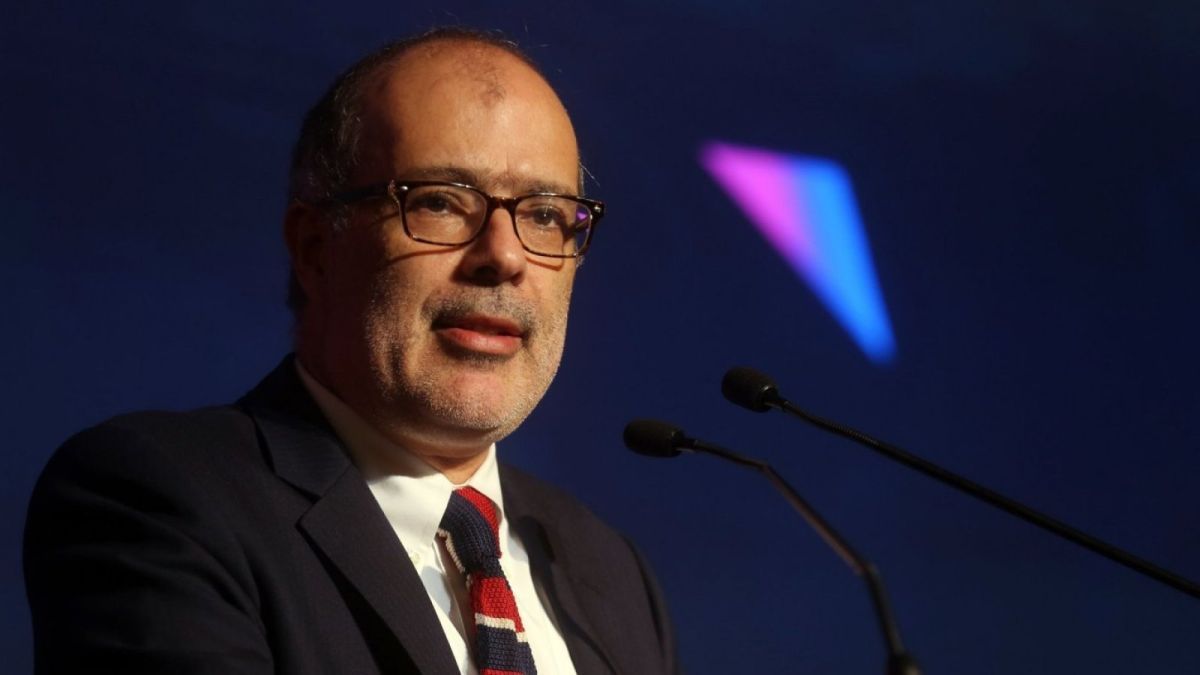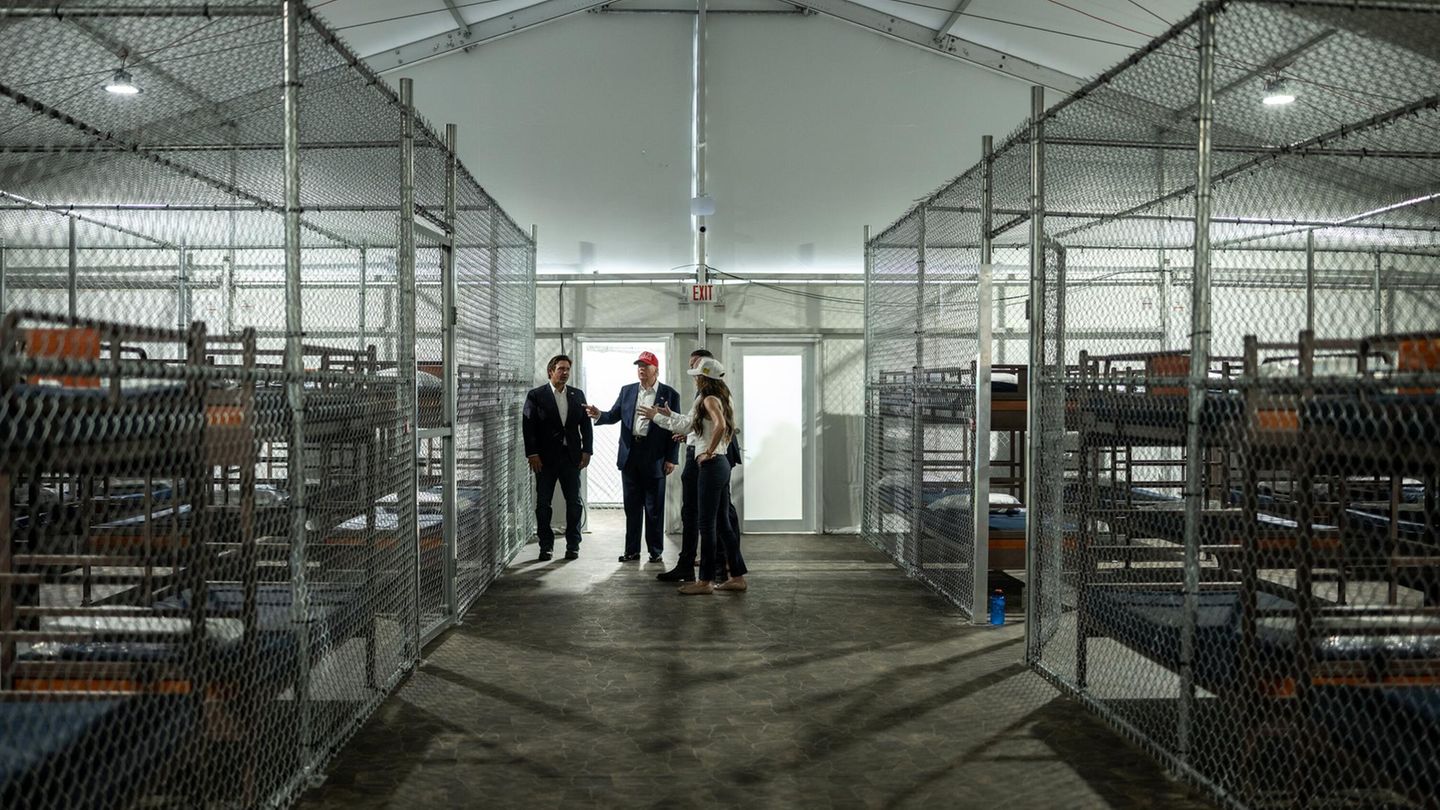Rodrigo Valdes
Rodrigo Valdés appears more and more regularly on the other side of the screen. The director for the Western Hemisphere, who arrived at his position on May 1, assumed his role as the main negotiating reference for the International Monetary Fund with Argentina without further premises or questions, within the discussion for the new terms of the Extended Facilities agreement suspended since 10 days ago. And that, it is assumed, before the end of May he will be on the table of the Board of the organism to be approved. Negotiations are carried out via zoom, and from Washington and Buenos Aires, in general, only line officials and some top manager of Sergio Massa’s team cross paths. However, periodically, and with decisive functions, Ilan Goldfajn’s replacement is present on the other side of the visual line.
The content you want to access is exclusive to subscribers.
The Chilean former Minister of Finance analyzed in the last hours the most complex chapter to reach a happy ending in the activated negotiations. Valdés, in tandem it would seem solid with the Englishman Nigel Chalk (his already appointed number two in the distribution), studies the exchange issue, with the data on the evolution of the official dollar in recent days, which show a Central Bank endorsing a devaluation of the peso at a rate similar to inflation; projecting for the month about 7.5/8% depreciation of the local currency against the US.


That crawling peg rhythm is a sample, they perceive in Washington, of the goodwill that Buenos Aires is showing about the need to talk about the evolution of the official exchange rate; but without altering too much the policy on the dollar that Alberto Fernández maintained throughout his government. In other words, and according to the Fund’s vision, the idea of a controlled devaluation of the peso and following inflation; taking care that there are no transfers to the prices of the Argentine macroeconomics. From Buenos Aires it is considered that it is a way, at least in the terms of April, not to continue losing exchange value in the face of inflation; something that would further complicate negotiations with IMF officials.
Obviously, it is known that this is a key issue for the headquarters of the organization managed by Kristalina Georgieva to consider Argentina’s negotiating goodwill as an asset, in times when what is being negotiated is early arrival (which is more than possible) of some US$10.6 billion to strengthen (at least for the photo) the reserves of the Central Bank. If these specific negotiations were not accompanied by a parallel between the devaluation of the peso and inflation, Argentina’s position would be even more difficult. Apparently, Valdés took note.
The new director for the Western Hemisphere took office on May 1, and a few days ago he formally introduced himself as a negotiator, showing that he is the one who already manages not only the department in question, but also the most complex case in the entire history of the IMF: the Argentine one.
As this newspaper reported, what Argentina can expect with the arrival of the Chilean economist from the ranks of MIT in Boston is a somewhat more structuralist and broad vision of the real policies that the country can apply to achieve the goals committed to the IMF. . Specifically, he is not a person with whom goal flexibilities can be discussed. But the possibility of accepting flexible gradualisms and understandings on complex measures such as the lack of speed in the lifting of exchange restrictions or financial movements of exchanges or changes in debt portfolios; something that scared Chalk and his people away.
Throughout his career as a civil servant and in his visits to the country (several in office in Chile and later as a lecturer), Valdés showed a great deal of understanding towards Argentina, and he elaborated on the idea of thinking about the best for the country beyond the that the books and regulations of the Fund indicate and require. It remains to be seen if these concerns can be displayed on the rigid shelves of the organization. But the truth is that, at least, one can expect a personality more willing to listen to arguments and find negotiated paths rather than applying the classic recipes that come from Washington.
Source: Ambito




